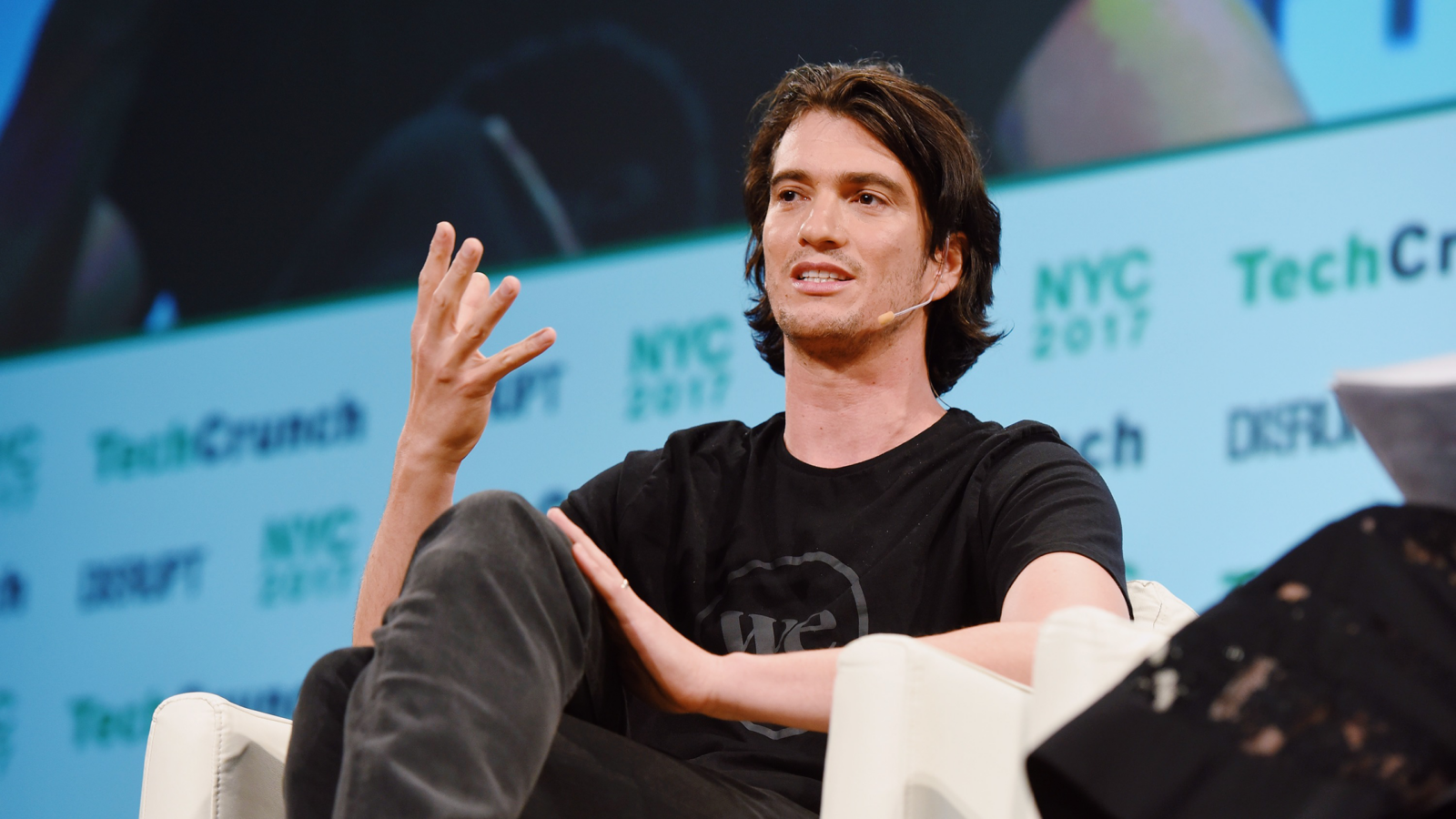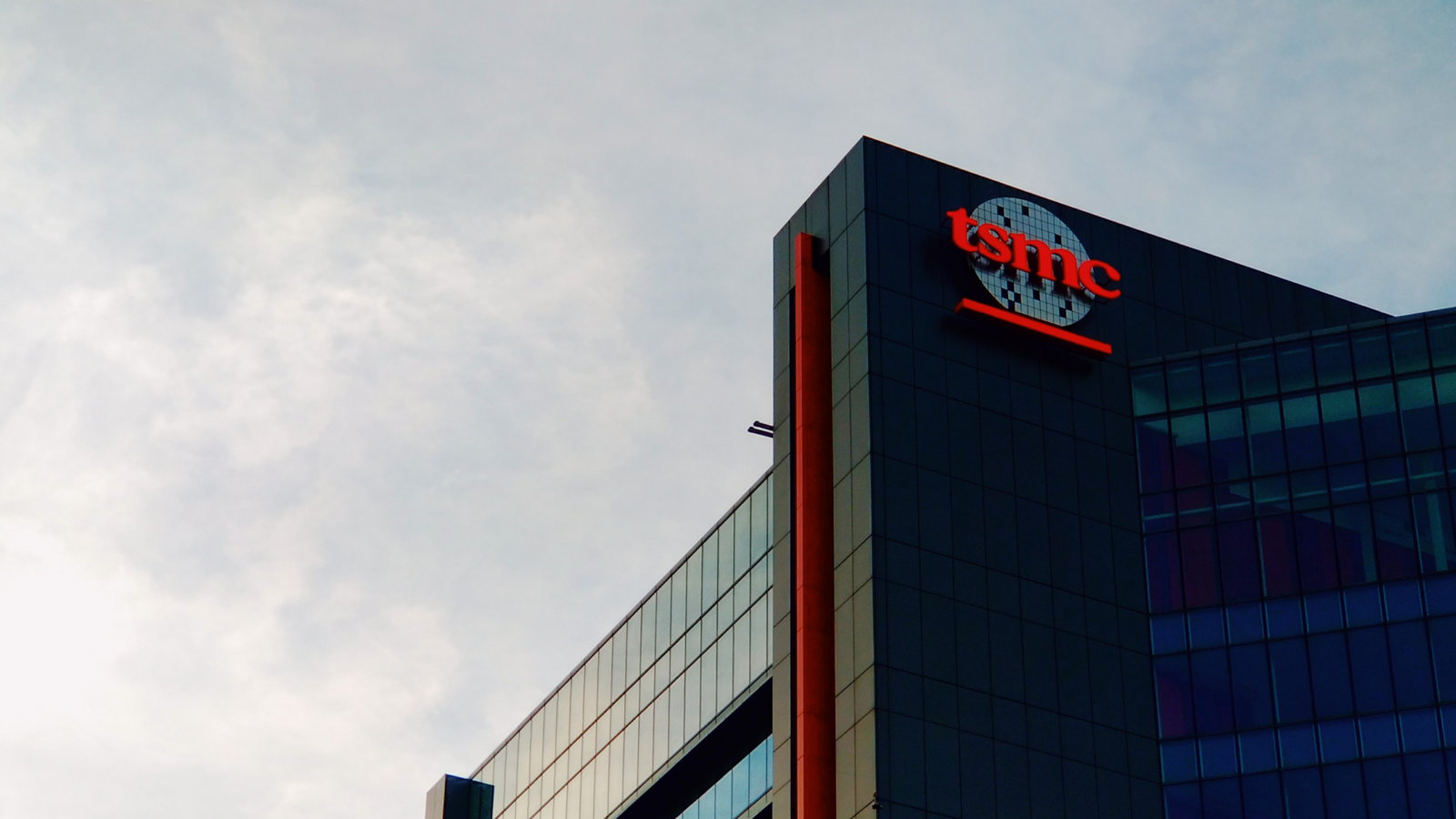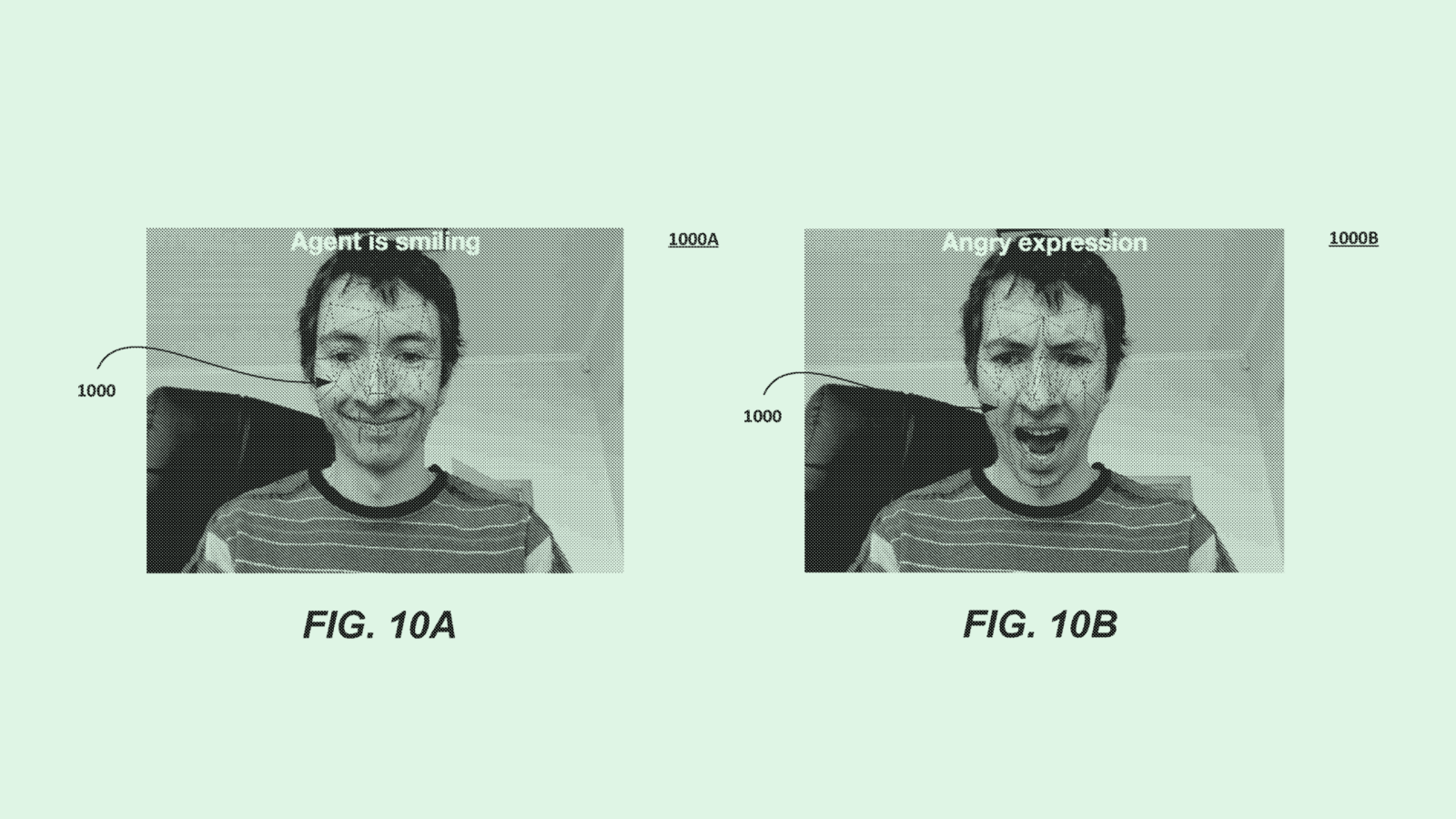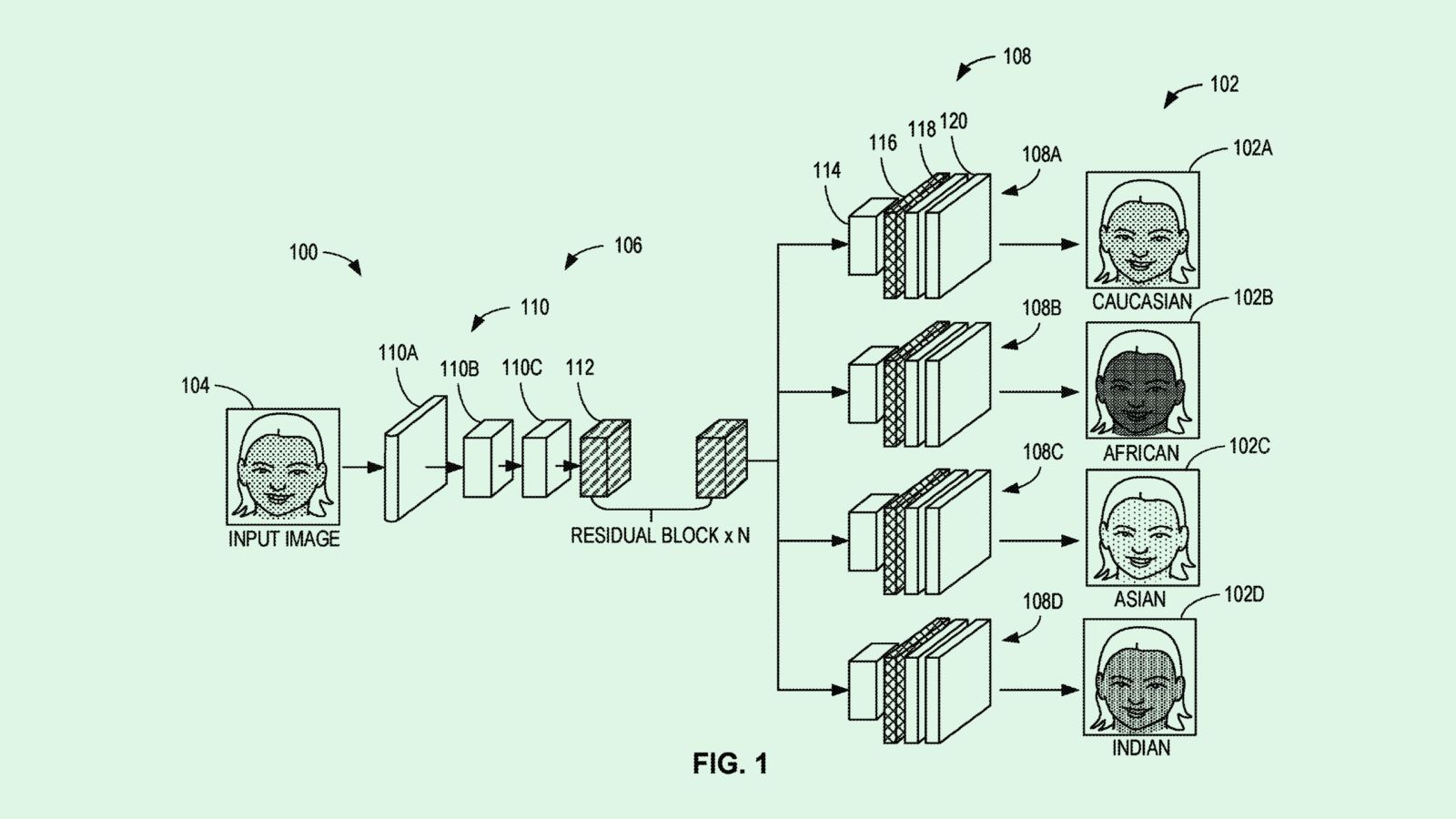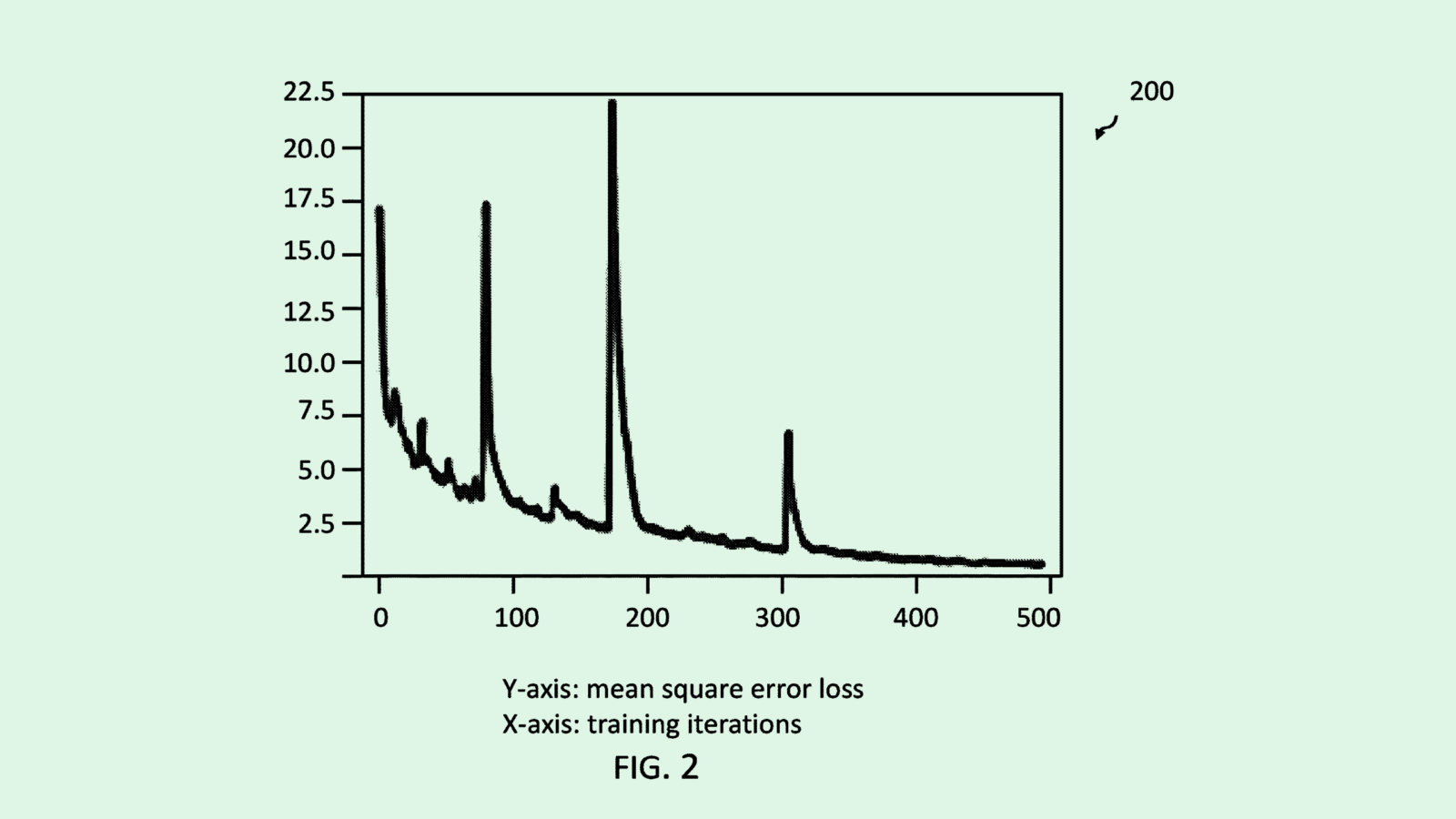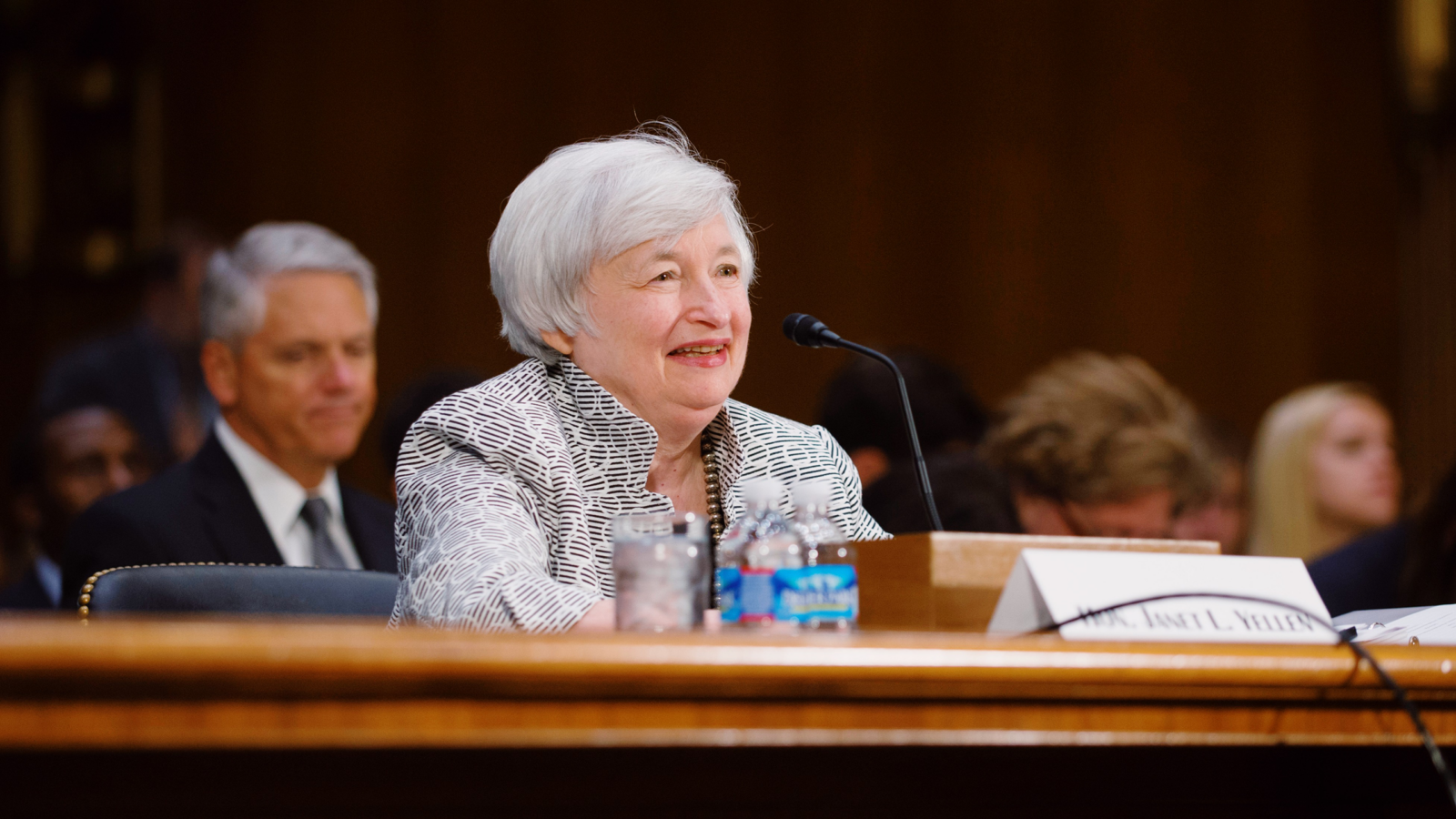
Sign up for smart news, insights, and analysis on the biggest financial stories of the day.
Looks like your accountant welcomes his new AI overlord.
On Wednesday, PricewaterhouseCoopers announced that it intends to invest $1 billion into generative artificial intelligence technologies over the next three years, automating parts of its tax, audit, and consulting services. Accounting: a job so dull, even human accountants don’t want to do it!
RoboCountant
The investment comes at an interesting time for the accounting industry. Compliance is only getting knottier thanks to a refulgent IRS, just as more number-crunchers than ever are leaving the field. Over 300,000 accountants and auditors left their jobs in 2021 and 2022, according to the Bureau of Labor Statistics, a staggering 17% shrinkage. And a full 75% of CPAs reached retirement age in 2020, according to the American Institute of Certified Public Accountants. That same report found incoming CPA exam candidates dropped from roughly 50,000 in 2010 to 32,000 in 2021.
“Folks are also leaving the accounting realm for technology and analytics,” Christopher Madpak, Managing Director of Tax & Tax Technology at SS&C Technologies told The Daily Upside, explaining who will train the AI robot CPAs. “You’re already seeing a lot more action on that side of the business.”
To fill the productivity void, PwC is rallying its remaining troops and embracing what the AI community has dubbed the “centaur” mentality, man and machine working together to accomplish more than either could do alone:
- The firm plans to pay for access to OpenAI’s top-of-the-line GPT-4 language model to train models and develop apps in Microsoft Azure that will write reports, prepare compliance documents, and locate operations inefficiencies, among other mind-numbing tasks.
- PwC’s goal isn’t to eventually replace workers, vice chair Mohamed Kande told The Wall Street Journal, but instead optimize the productivity of its 65,000-strong US workforce. “We are not going to leave anybody behind,” Kande told WSJ. “It’s going to be a team sport.”
“I think in traditional assets, like your publicly traded assets and traditional hedge funds, I think that is more ripe for artificial intelligence,” said Madpak. “But that might not be true for private markets, where things may be a little bit more gray, and need to be looked at a little bit more from an analytical perspective.”
Boom Cycle: PwC is offering the perhaps perfect use case for the productivity boom that AI apostles have long foretold. Generative AI is projected to contribute up to $15.7 trillion to the global economy by the end of the decade, according to an analysis done by none other than PwC. We’re all here for it, so long as it makes doing our taxes even a little easier.

